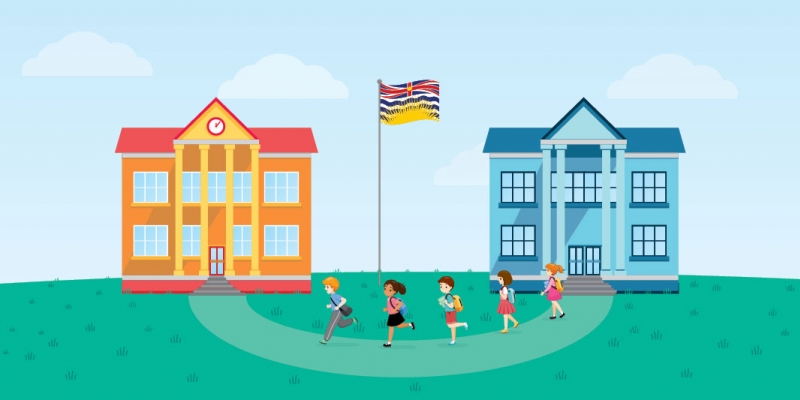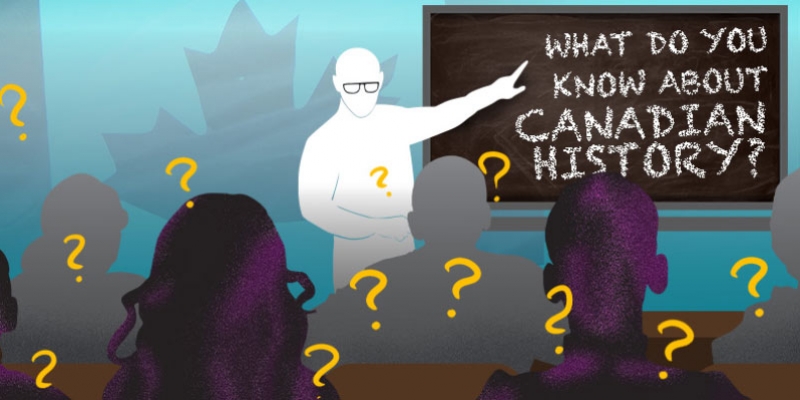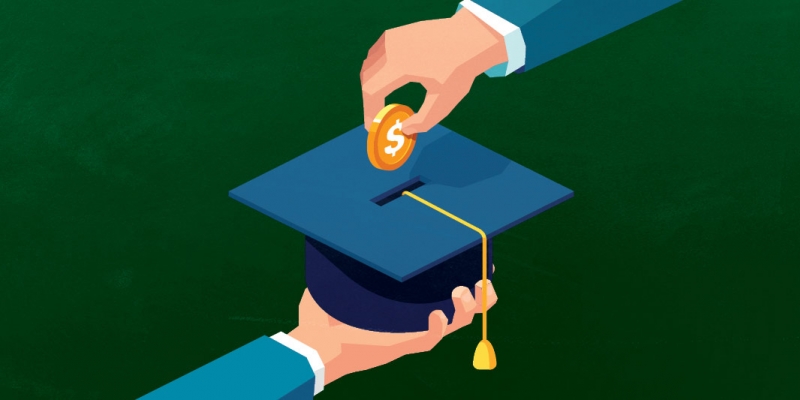Education Policy
— Oct 24, 2024
— Aug 29, 2024
— Aug 22, 2024
— Jun 11, 2024
— May 22, 2024
— Apr 25, 2024
- 1 of 2
- next ›
Subscribe to the Fraser Institute
Get the latest news from the Fraser Institute on the latest research studies, news and events.
Research Experts
-
Research Fellow, Independent Institute
-
Professor Emeritus, Faculty of Education, The University of Western Ontario
-
Executive Vice President, Fraser Institute
-
Professor of Economics, Western Washington University
-
Associate Director, Education Policy
-
Senior Fellow, Fraser Institute
-
Senior Fellow, Fraser Institute














